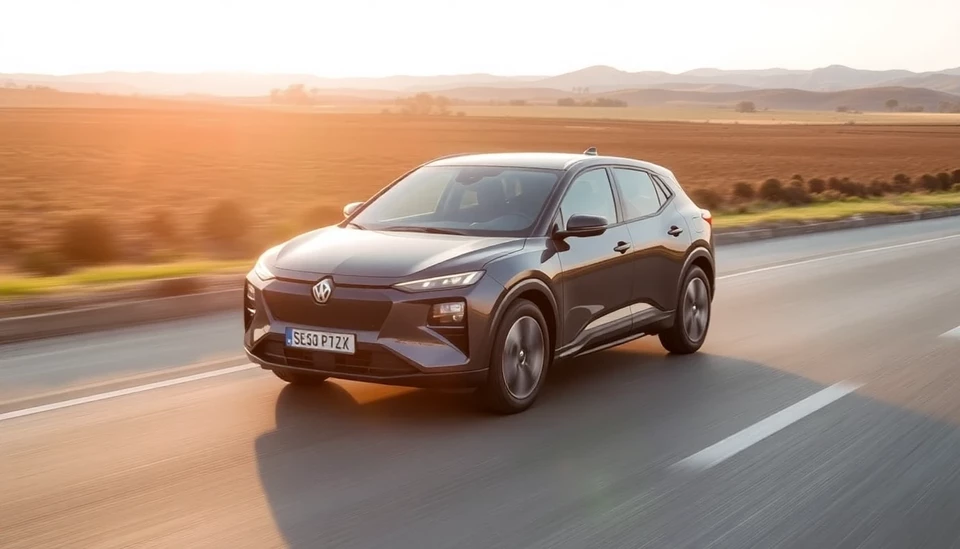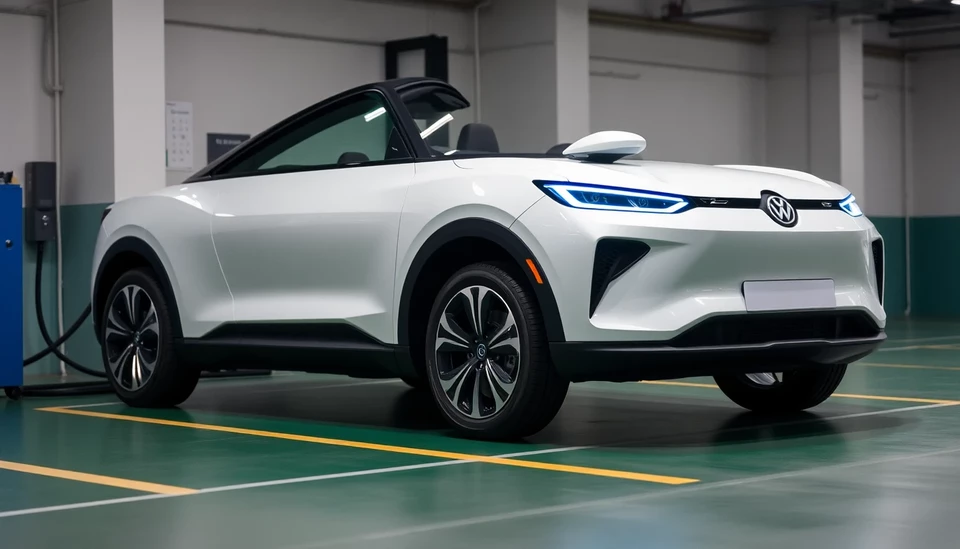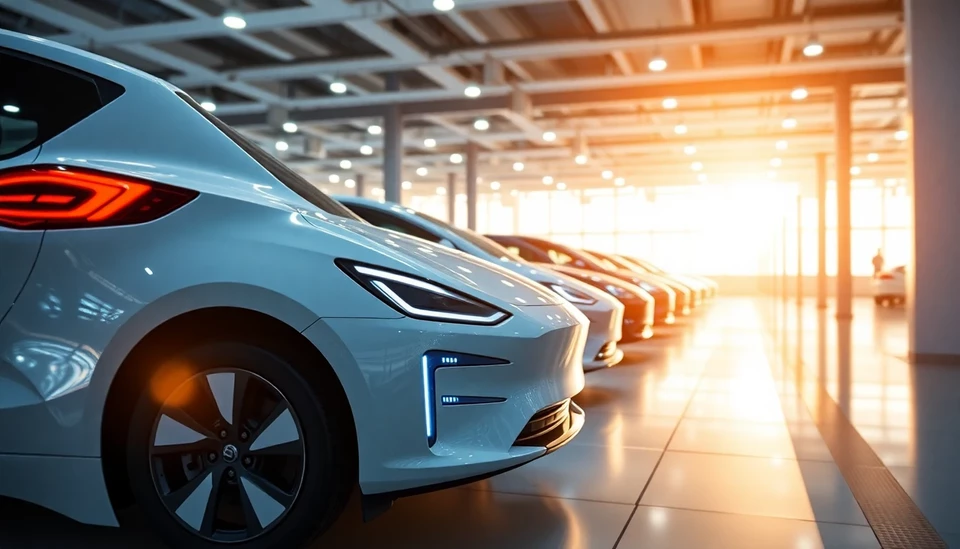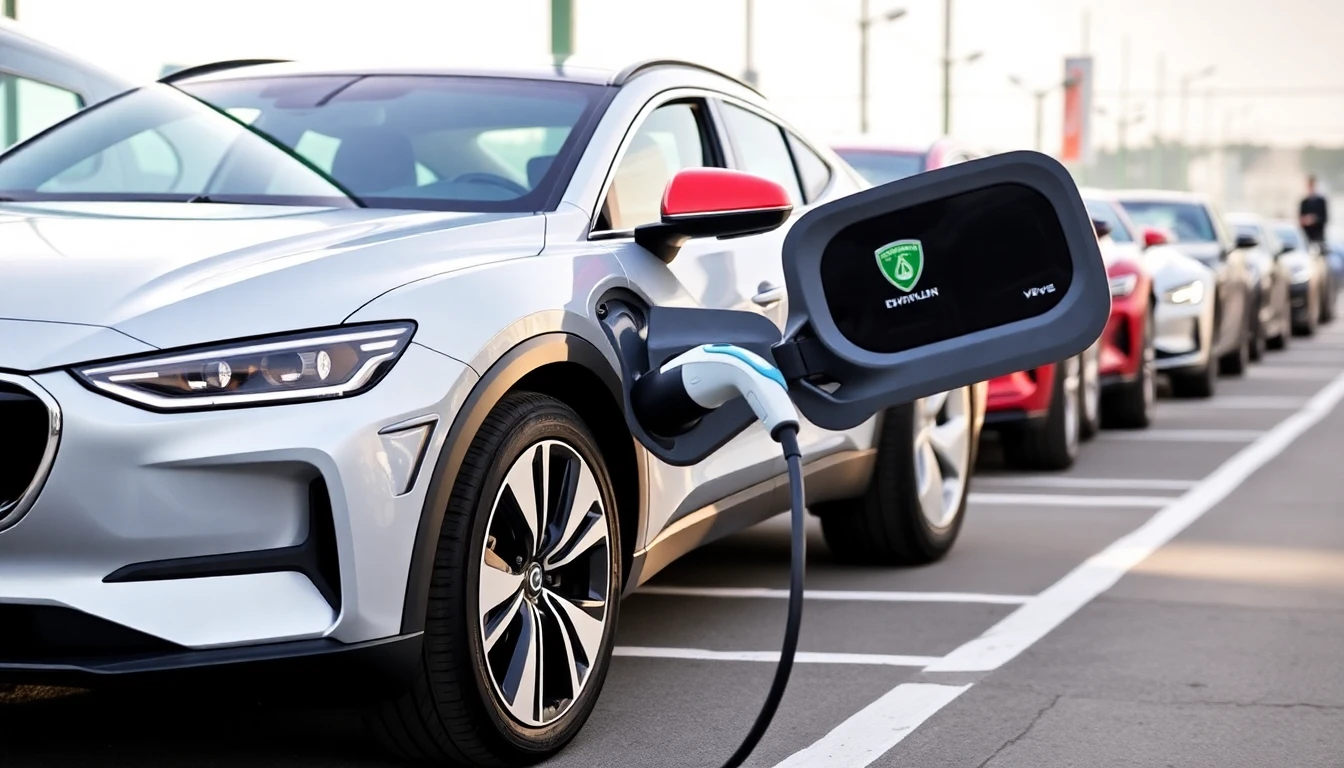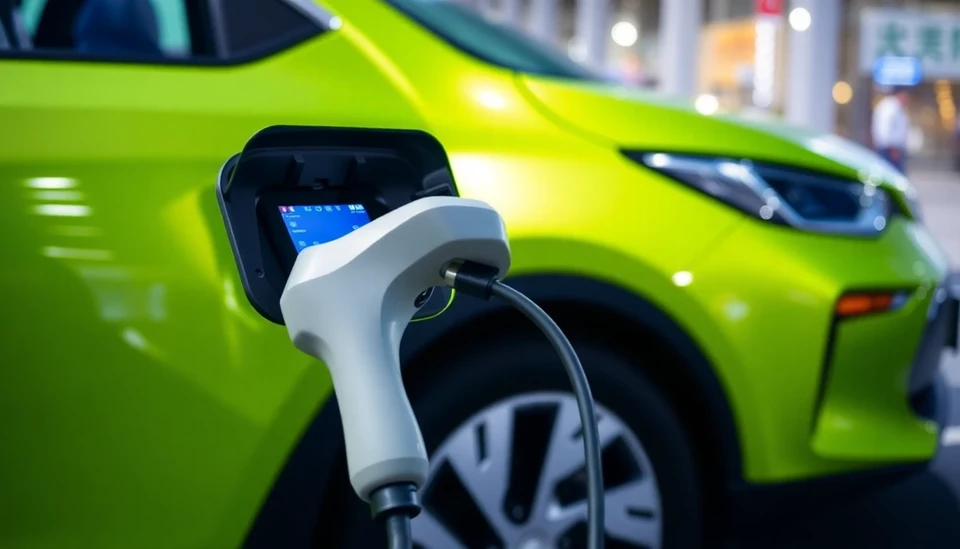
In what is fast ballooning into a trade war that may alter the face of the automobile market, European officials are preparing to slap levies on the ever-increasing tide of cheap electric cars imported from China. It's a strategic move to protect the European EV industry from what they regard as unfair competition, with pricing for their Chinese counterparts very low.
The increased popularity and demand for electric vehicles worldwide have paved the way for Chinese manufacturers to break into more mature markets. And they offer a mix of affordability and technology that is all too alluring for many. But these aggressive price plans have raised concerns among European automakers who struggle to compete with the low-cost production and pricing of Chinese EVs.
For its part, the European Commission has been actively investigating whether Chinese EV makers benefit from state subsidies-a direct contravention of global trade rules-and if that justifies the tariffs as a countermeasure to level the playing field.
The European market at present is one of the most lucrative markets for electric vehicles, impelled by strong consumer demand and supported by government policies for reducing carbon emissions. Entry into this market by Chinese EV manufacturers such as BYD Co. and NIO Inc. has already attained critical mass, further heightening the competition.
Pressure from European giants, like Volkswagon AG and Renault SA, is mounting to innovate more at reduced costs in order to compete with current price points from Chinese producers. Tariffs can be one way of temporary relief for such companies, buffers that build their competitive advantage to adapt to changing market demands.
This unravelling situation forms a greater trade context whereby tensions between the European Union and China have risen over different economic practices. Both parties have engaged in several disputes at the World Trade Organization, each accusing the other of unfair trade practices. The decision to impose tariffs was thus a symptom of a larger geopolitical landscape wherein economic interests are increasingly in conflict.
The implication of this tariff imposition might just set a precedent for how Europe would then navigate trade and economic relationships with large, non-Western economies. Because the actual substance of the likely tariffs is still under review, all parties are following any development with interest, since decisions made on them could strike at the very heart of automotive market dynamics and international trade relations.
A far more sensitive balance policymakers across Europe must make is how to safeguard local industries and at the same time advance free competition worldwide. Tariffs would delay market access of Chinese EVs, but it also requires soul-searching as to how European manufacturers could become more competitive on a sustained basis.
These decisions are expected to be put to test as the situation develops, both for their economic effects and for their consistency with international trade rules, indeed acting as a test of the proper course of the strategy undertaken by the European Union to cope with the difficult tests set by global trade.
#ChineseEV #EuropeanAutomotive #TradeWar #ElectricVehicles #EuropeTrade #GlobalEconomy #CarIndustry #EVTariffs #EconomicPolicy
Author: Samuel Brooks
